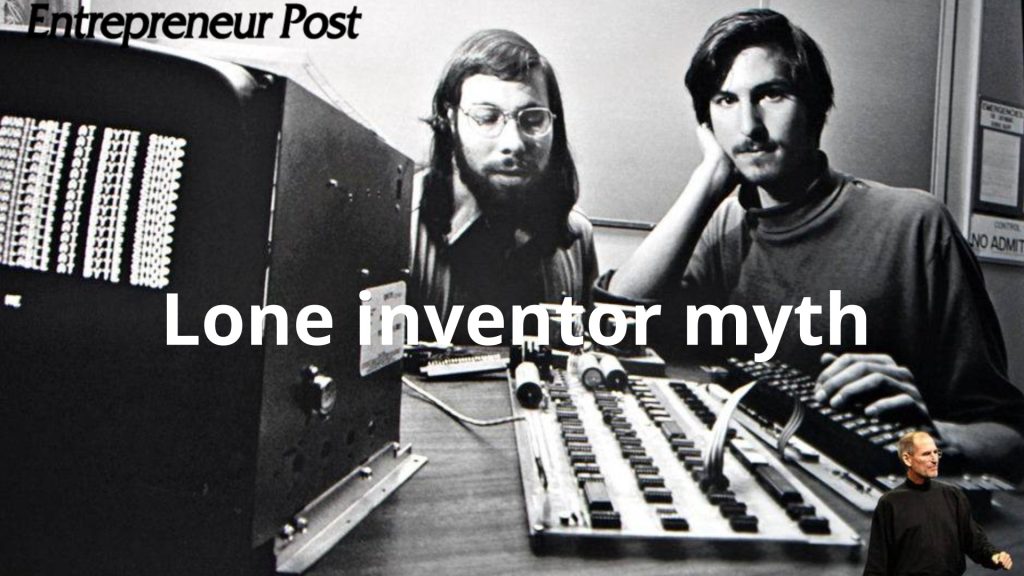The lone inventor visionary myth & importance of the team ! Steve Jobs did not want the iPhone.
The media often depicts founders as eccentrics, and this reinforce the eccentric behaviour in many founders. In a way we get the impression that an entire company is successful due to a lone inventor and visionary. This is a myth. Founders have a huge role in creating a company and a culture, but the products that come from such a group of people, is often the result of sharing of ideas and the collaborative brain child of many and not of one.
To give an extreme example, let’s take the case of Steve Jobs, an individual that impacted the personal computing, music and mobile industry hugely. Even Steve Jobs, the visionary, did not envision a world with smartphones, in fact he disliked the idea at first, before putting his outmost best to make it become a reality.
For the story, i’ll quote a post by Deepak Krishnan:
Apple had done a massive turnaround with the iPOD. But by 2007, iPod was going to be disrupted, by mobile phones like Nokia 5310 that could play music. And iPods were almost half of Apple’s revenue.
Tony Fadell, the designer behind the first iPhones said “We had the music player doing video and audio and photo. We had iTunes. Then futurephones came out. They started playing MP3. This is a holy shit moment. Phones could steal everything we were doing. What could we do to counter this? “
But Jobs was against building phones for two reasons.
One, Steve Jobs did not want to go through the orifices to get to the end users. By orifices, he meant carriers like Verizon and AT&T, which had final say over which phones could access their networks.
Second, Jobs wasn’t convinced that the emerging smartphone category was going to be a wide market. He believed it would not go beyond the “pocket protector” crowd aka nerds.
So instead they decided to partner with Motorola to create the iTunes phone – The Moto ROKR E1. And it bombed!
Steve was still not convinced about building a phone. But his team was. And unknown to even Steve, the team started building the iPhone.
They gutted an iPod, added Wifi and got the internet to run on the IPod. Steve’s reaction ” This is bullsh**”. Steve didn’t really see the path to success.
However two Apple veterans, Mike Bell and Steve Sakoman, continued to lobby with Steve Jobs for months. They were convinced that computers, music players and cell phones were heading towards an inevitable convergence.
On November 7, 2004, Bell sent an email to Jobs – “Steve, I know you don’t want to do a phone. But here’s why we should do it. Jony Ives has some really cool designs for the future iPods that no one has seen. We ought to take one of those, put some Apple software around it, and make a phone ourselves instead of putting our stuff on other people’s phone.
Jobs called him right away and debated for hours. Finally he relented and agreed to build a phone.
– – –
There are three key lessons in this story here :
1. The lone inventor myth. Far too often, we believe its one single person’s will that forged a great product, often forgetting that countless incredible nameless people that work behind the scenes making some of the worlds best product.
2. Even visionaries always don’t have the best vision of the future. But a great team can probably help see the future better.
3. It takes a lot of lobbying and story selling to get people to buy into your narrative. Far too often I see people give up just having pitched their idea barely a few times. It sometimes takes months, even years to sell a game changing story.

source: https://www.linkedin.com/feed/update/urn:li:activity:7039437142674079746/







